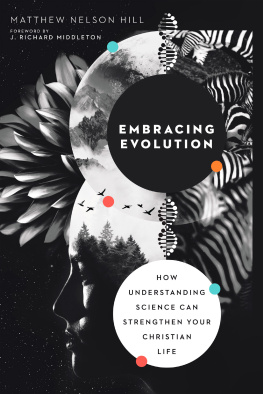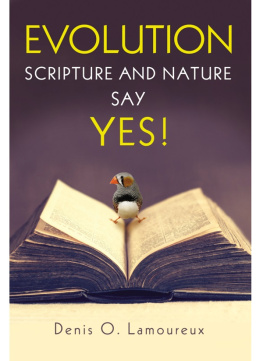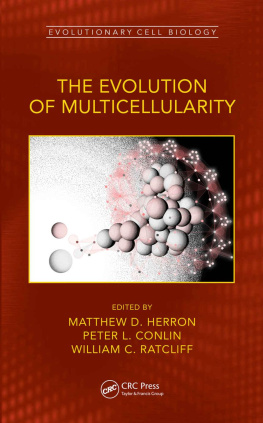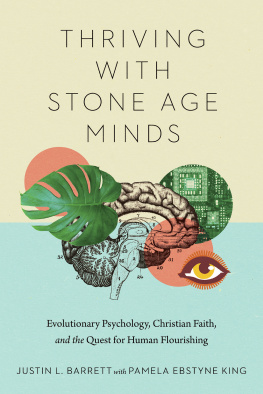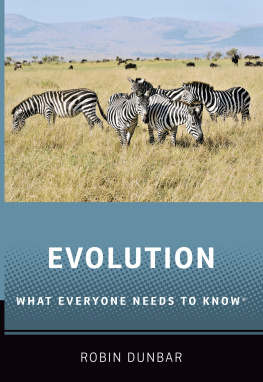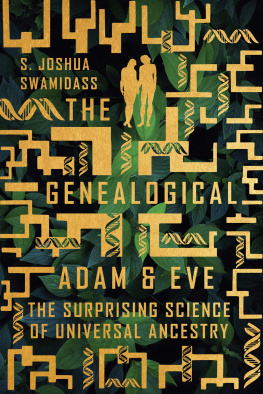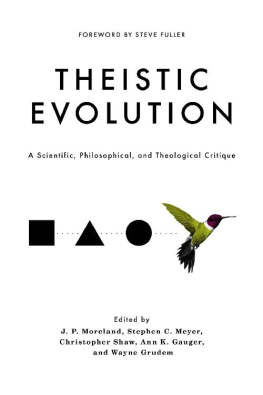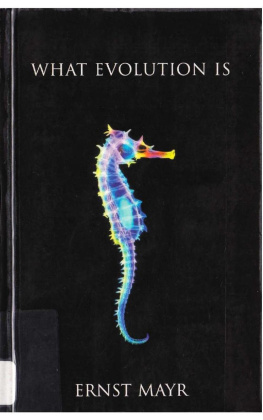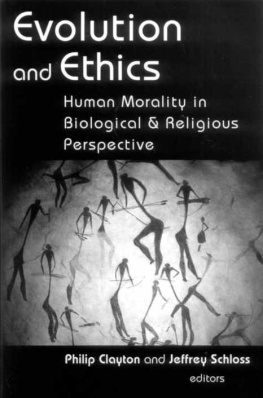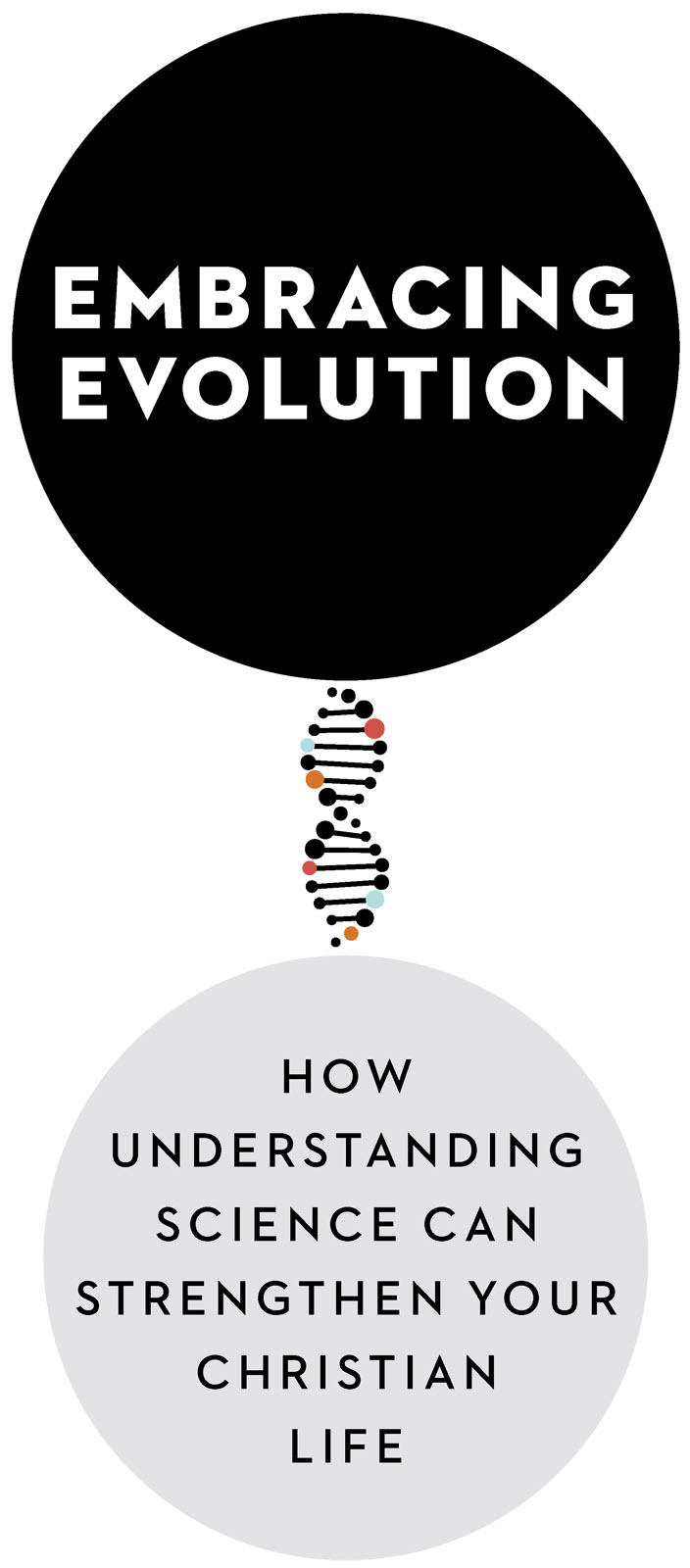J. Richard Middleton
M ANY CHRISTIANS TODAY are on a journey of understanding, trying to make sense of evolution in light of their faith. This is particularly difficult in our polarized cultural climate in North America, where religion and science are often portrayed as opposed to each other.
MY JOURNEY OF UNDERSTANDING THE BIBLE AND SCIENCE ON ORIGINS
Unlike those Christians who started out as young earth creationists and became convinced of the validity of biological evolution later in life, I have no memory of ever dismissing evolution as fundamentally incompatible with biblical faith. Having become a Christian at a young age, I not only accepted in my teenage years that the earth was very old (based on what seemed to be reasonable scientific research) but as a young adult read widely about the evolution of Homo sapiens and our various hominin relatives.
Thankfully, my home church in Kingston, Jamaica (Grace Missionary Church), never insisted on young earth creationism. And when I began my undergraduate studies at Jamaica Theological Seminary, I took two courses in my first semester that made such a view of creation untenable.
The first was a course on the Pentateuch, where one of the textbooks assigned was Bernard Ramms The Christian View of Science and Scripture. Here I found an evangelical theologian outlining multiple views of how the Bible related to a variety of scientific issues. Although Ramm articulated his own opinion on the issues he discussed, he noted that there was no single obvious biblical answer for questions such as the age of the earth, the great flood, or even evolution. In each case, this was a matter not of biblical authority but of scientific evidence.
In my first undergraduate semester I also took a course on hermeneutics, or biblical interpretation, where the textbook was A. Berkeley Mickelsens Interpreting the Bible. While this was a bit of a dense read for an eighteen-year-old, I never forgot Mickelsens point that since there was no human observer at creation and since the eschaton is still future, biblical language describing the beginning and end must be largely figurative; these descriptions inevitably transcended human experience. Therefore, just as it would be inappropriate to read eschatological imagery in the book of Revelation as a journalistic account of what a movie camera might record (which seemed obvious to me), I came to realize that it would likewise be a misreading of Genesis to treat the six days of creation as a scientific account of origins.
These two courses at the start of my theological studies combined to convince me that there was no conflict, in principle, between science and the Bible on the question of origins. More than that, these courses (along with the rest of my seminary education) encouraged me to be open to the scientific exploration of Gods world.
During my undergraduate studies I was also developing an interest in a holistic theology that affirmed the goodness of creation (in the beginning) and Gods intent to redeem the cosmos (in the end). By the time I graduated with my bachelor of theology degree, I was on a track to take seriously what the sciences were telling us about how this world, including biological life, came to be.
COGNITIVE DISSONANCE ABOUT EVOLUTION
Then as a graduate student in philosophy working as a campus minister for InterVarsity Christian Fellowship at the University of Guelph in Canada, I found myself avidly reading books on hominin evolutionincluding Lucy, the account of the discovery of Australopithecus afarensis (nicknamed Lucy) by Donald Johanson and Maitland Edey.
Although I had no real doubts about the scientific evidence for evolution, including the evolution of Homo sapiens, I was somewhat troubled that evolution didnt seem compatible with the biblical notion of the fall, the origin of evil recounted in Genesis 23. I had always been taught that this text portrays Adam and Eve (an original couple) forfeiting a primal paradisiacal state through a single act of disobedience, which led to the introduction of death for both humans and the natural world. I couldnt get my head around how this might fit with what scientists claimed about human evolution, including the obvious fact that animal and plant death preceded the origin of humanity on earth. So I did what many Christians do when confronted with cognitive dissonanceI put it out of my mind and concentrated on other things.
In my case, these other things were my graduate studies, first a masters degree in philosophy and then course work in Old Testament, followed by a doctoral dissertation on humans as imago Dei in Genesis 1 (published as The Liberating Image: The Imago Dei in Genesis 1).
In the years leading up to my dissertation, I taught often on the

